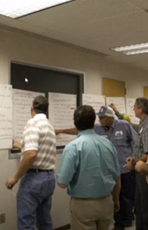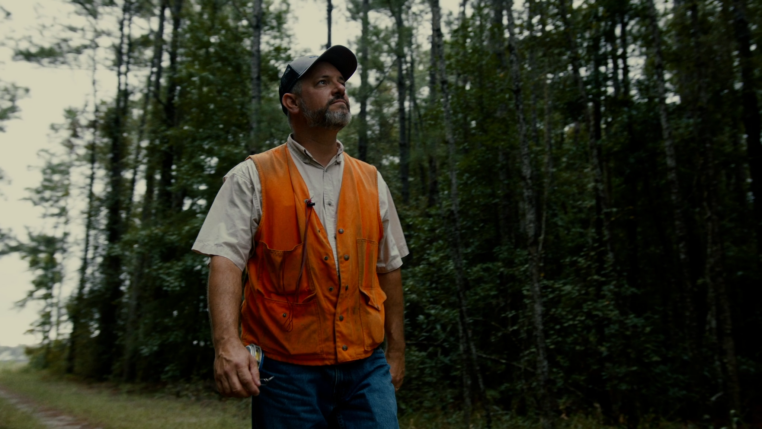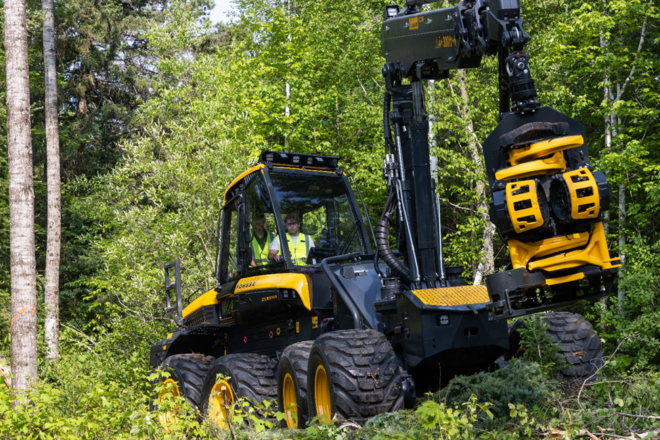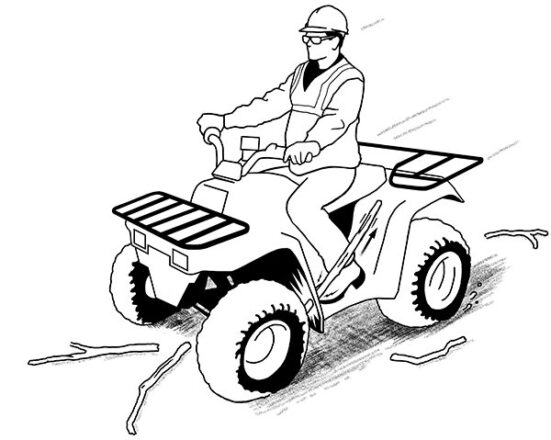Re-Imagining How Suppliers and Consumers Communicate

The relationship between a mill and its suppliers is critical to success – everyone’s success.
- For a mill, some of the most important relationships are with the people that supply wood to the facility. As more than one mill has proven, it is challenging to run when you do not have raw materials to operate.
- For suppliers, mills are the customer. Having healthy and stable buyers allows investments in the long term for new equipment, worker training, and sustainable forest management.
It is often taken for granted that these links in the supply chain work and work well, but we know that is not always the case.
For years, FRA has hosted Supplier-Consumer Relations Workshops, half-day events that bring together a mill and some of its suppliers in a structured way to strengthen relationships, identify issues, and seek solutions. These workshops allow suppliers and consumers to meet separately and then jointly collaborate to figure out ways to improve the relationships, and thus, the supply chain.
These workshops, once used by mills across the country, have been less popular in recent years. Of course, it is possible that there are not any supplier – consumer issues anywhere in the country, but that seems unlikely. Maybe the issue has to do with the scheduling of an afternoon and evening for more than a dozen people – we all have busy schedules, and a facilitated workshop does not always rise to the top of the “must do” list.
At this year’s FRA Annual Meeting, I was tasked with coming up with new ideas that could replace, augment, or revise the Supplier-Consumer Relations Workshops, and I need your help. If you ever held or attended a workshop, or have thought about conducting one and decided not to, I would like to hear from you at [email protected].
I welcome any feedback and thoughts, but ask the following questions to get you thinking:
- If you have participated in one of these workshops, what worked well, and what did not? Is there something so important that we need to make sure is not lost, or are there parts that do not provide value?
- If you have thought about having a workshop at your mill and decided against it, what drove that decision?
- Have you seen, or can you think of, other tools or technologies that can achieve the goal of identifying issues between a mill and suppliers, and finding ways to address these issues?
- In work or in your civic life, are you familiar with methods or processes that bring parties together for shared problem-solving?

The Forest Resources Association was founded on and remains committed to building and improving the relationships in all links of the forest industry supply chain. That is not changing (and the workshops may not be either). However, we have an opportunity to think about what works, what does not, and what can be improved, and I appreciate your help.
I welcome any ideas and look forward to hearing your thoughts and experience at [email protected].


